What is it about the Egyptians that bewitches us? Ramses and the Gold of the Pharoahs opened at the Australian Museum in Sydney on Saturday and there are other extravaganzas from the land of the pyramids elsewhere: Discovering Ancient Egypt is on show at the National Museum of Australia in Canberra from 15 December and Pharoah will hit the National Gallery of Victory from 14 June.
Already a subscriber? Log in
Subscribe for just $2 a week
Try a month of The Spectator Australia absolutely free and without commitment. Not only that but – if you choose to continue – you’ll pay just $2 a week for your first year.
- Unlimited access to spectator.com.au and app
- The weekly edition on the Spectator Australia app
- Spectator podcasts and newsletters
- Full access to spectator.co.uk
Or
Unlock this article
You might disagree with half of it, but you’ll enjoy reading all of it. Try your first month for free, then just $2 a week for the remainder of your first year.

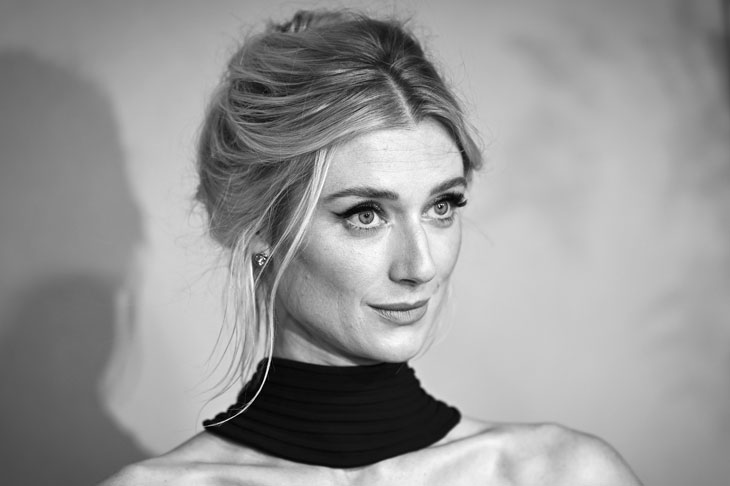
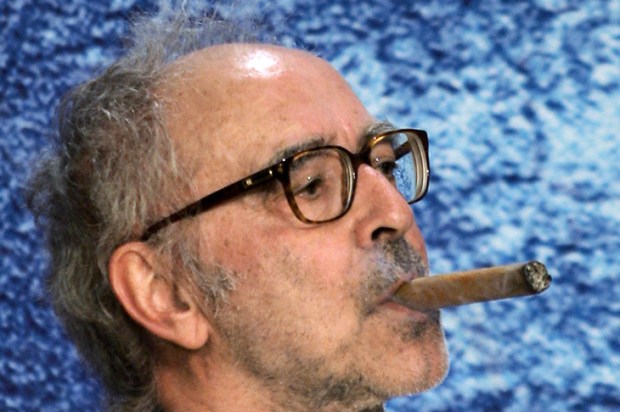

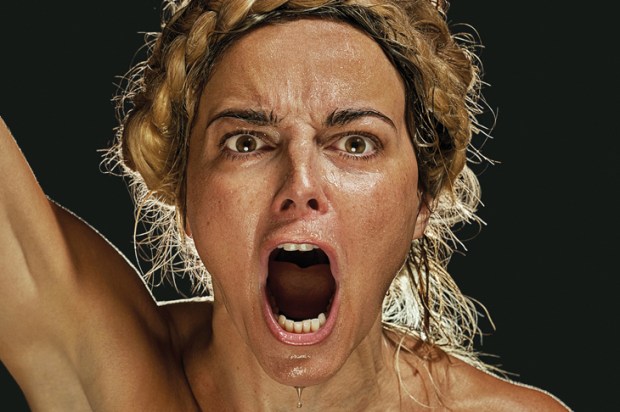
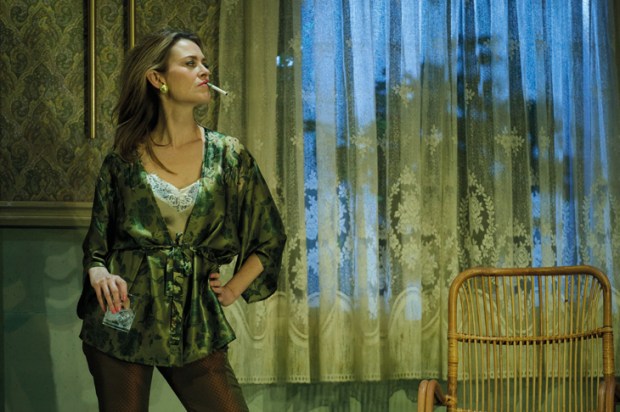
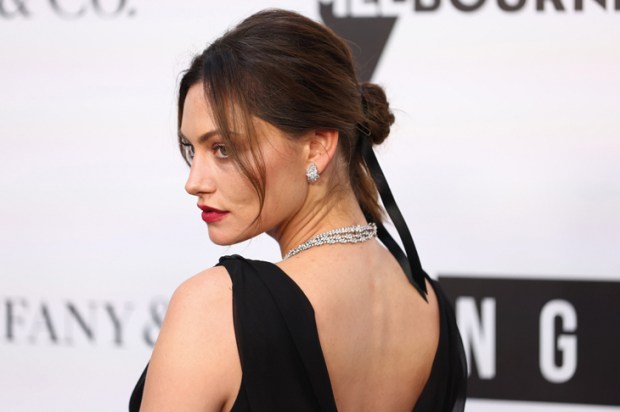
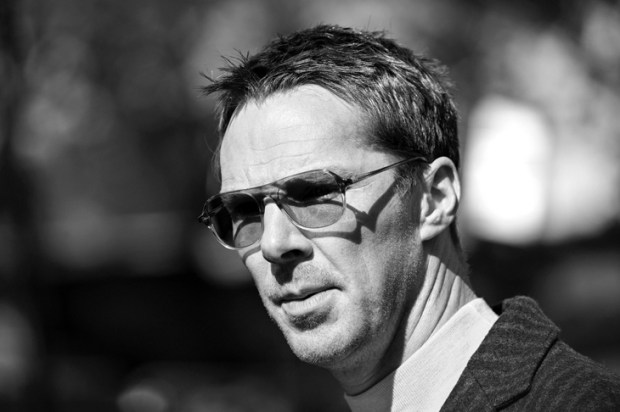






Comments
Don't miss out
Join the conversation with other Spectator Australia readers. Subscribe to leave a comment.
SUBSCRIBEAlready a subscriber? Log in